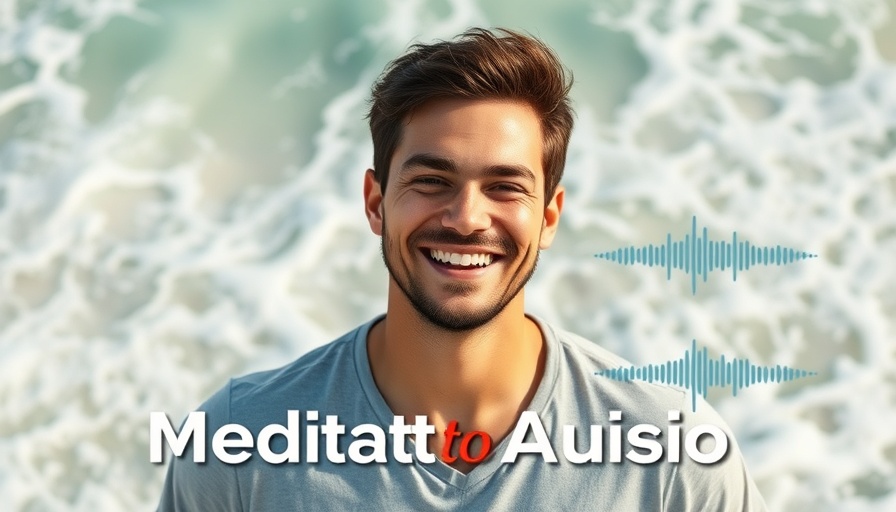
How Distraction Can Transform Your Focus
In our fast-paced world, distraction seems to lurk around every corner. However, what if we could utilize these distractions to sharpen our focus? Mindfulness teacher Toby Sola introduces us to a compelling approach where distraction is not merely an interruption but a gateway to deeper concentration. This technique, dubbed the “concentration algorithm,” challenges conventional thinking by suggesting that by tuning into our distractions, we can actually hone our attention.
Navigating the Science of Distraction
Distraction can often trigger frustration, but experts in psychology emphasize its surprisingly beneficial aspects. Studies in cognitive science reveal that the brain is wired to respond to stimuli, making it crucial to understand how distractions can both help and hinder our focus. The key lies in recognizing when to engage with our distractions and when to redirect our attention. By doing this, we can learn to navigate our mental landscape more effectively.
The Concentration Algorithm: A Step-by-Step Guide
In his guided meditation, Sola presents a straightforward process. Begin by allowing your mind to wander; acknowledge the distractions—be it sounds, thoughts, or sensations—and then choose one to focus on. For example, if the sound of a lawnmower is a distraction, lean into that distraction by consciously listening to it. This exercise not only allows you to understand your distractions but also trains your brain to shift back to your primary focus afterward. Through practice, you may find that you develop a more robust capacity for concentration.
Why Presence Matters in a Distracted World
The practice of mindfulness teaches us to be present, a quality that is particularly important in an era defined by constant notifications and distractions. By engaging with what distracts us, we learn to cultivate a sense of presence that enriches our daily experiences. Research suggests that those who practice regular mindfulness report improvements in emotional well-being and cognitive function. A mindful approach to distractions can act as a monument to resilience, empowering us to thrive amidst chaos.
Real-Life Success Stories: The Mindfulness Revolution
Across various sectors, professionals are discovering the advantages of mindfulness and concentration techniques. For instance, executives at tech companies are increasingly endorsing practices like guided meditation to improve team productivity and morale. The result? Enhanced focus and a notable reduction in workplace stress. These transformations highlight that the convergence of mindfulness and modern work culture is not just a trend—it’s a necessary evolution for sustainable success.
Looking Ahead: Embracing Change in Our Daily Routines
As we project into the future, the importance of incorporating mindfulness into our daily routines becomes clearer. The next step for individuals, families, and organizations is to foster environments where mindfulness is prioritized. Implementing short, daily mindfulness practices can lead to transformative change—making it easier to focus and manage distractions effectively.
Actionable Insights: Begin Your Mindfulness Journey Today
Ready to try the concentration algorithm for yourself? Find a quiet spot, set aside a few minutes, and start with a short meditation. Acknowledge your distractions without judgment; then, consciously shift your attention back to the present. This practice can pave the way for a more focused, mindful life and encourage resilience in the face of daily distractions. Remember, in the noise of life, discovery of focus is just a meditation away.
 Add Row
Add Row  Add
Add 




 Add Row
Add Row  Add
Add 

Write A Comment